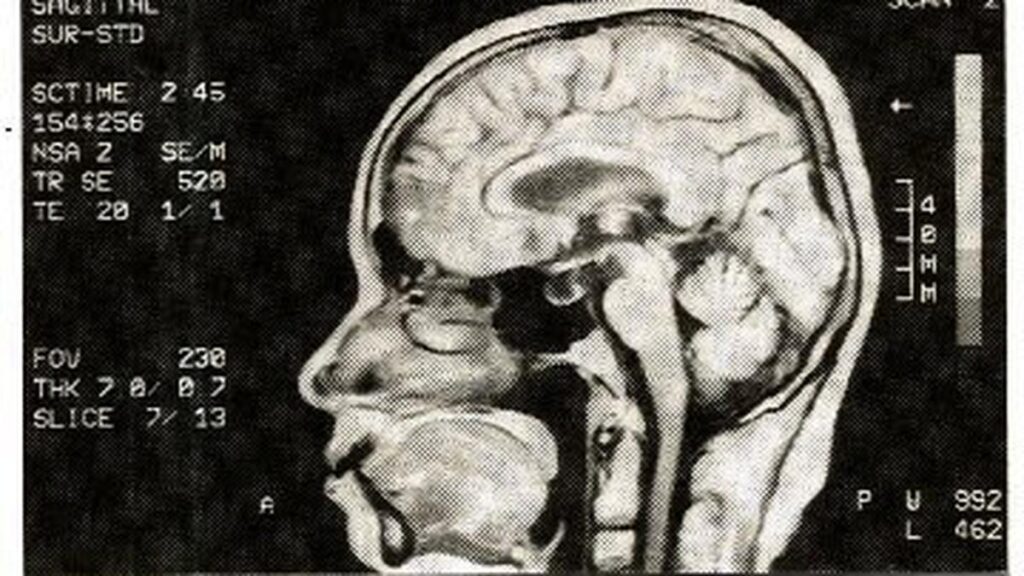
Tourette syndrome is a neurological disorder characterised by the presence of tics, which are sudden, repetitive, and involuntary movements or sounds.
| Photo Credit: File Photo
When 12-year-old Manu (name changed) from Kochi began grunting involuntarily in class, his teachers assumed he was seeking attention. His classmates laughed. Despite visiting multiple specialists, his symptoms persisted. It was only a year later that Manu was diagnosed with Tourette Syndrome (TS), a neurological disorder that causes sudden, involuntary movements or vocal sounds known as tics.
What is Tourette syndrome?
Tourette Syndrome typically emerges between ages 2 and 15, with the average onset around six. It affects an estimated 0.3% to 1% of the global population, with a higher prevalence among boys than girls. “Tics can range from mild to severe. In severe cases, they can significantly impact communication, daily functioning, and quality of life,” says Dinesh Kamath, senior consultant neurologist at Ernakulam Medical Centre. Lack of awareness, Dr. Dinesh warns, often leads to stigma. “Children are dismissed as anxious or badly behaved when they are actually experiencing neurological symptoms.”
Dr. Dinesh recalls one young patient, no older than seven, brought in by a distraught mother who believed her son had developed a “bad habit” of grunting and swearing, along with sudden head jerks. “She wanted me to ‘discipline’ him. I had to explain this wasn’t mischief—it was Tourette’s,” he says. “Scolding only makes things worse. Suppressing tics builds tension and causes them to rebound more strongly.”
Understanding tics
Tics are broadly classified as simple or complex. Simple motor tics involve a single muscle group and include eye blinking, facial grimacing, shoulder shrugging, and head jerking. Simple vocal tics include throat-clearing, sniffing, barking, or grunting. Complex motor tics involve coordinated patterns and may include touching objects, hopping, or bending. Complex vocal tics may involve repeating one’s own or others’ words (echolalia), or, in rare cases, using obscene language (coprolalia).
Tics often worsen with stress or excitement and may improve when the person is calm and focused. They typically reduce during light sleep and disappear in deep sleep. Davidson Devasia, a paediatric neurologist at Aster Hospital, Kochi, says that electronic media can sometimes act as a trigger. “We often see children with persistent eye blinking. Parents assume it’s an ophthalmic issue, but it turns out to be tics—frequently linked to excessive screen exposure,” he says. According to him, reducing screen time often results in a noticeable improvement.
While the exact cause of Tourette Syndrome remains unclear, experts cite a combination of genetic and neurobiological factors.
“Abnormalities in the basal ganglia, frontal lobes, and cortex—which regulate movement and behaviour—are implicated. Environmental triggers like post-streptococcal infections, low birth weight, and birth complications may also play a role,” Dr. Davidson explains.

Managing Tourette’s
Tourette’s rarely occurs in isolation. It commonly coexists with ADHD, OCD, anxiety, depression, learning disabilities, and autism spectrum disorders. Treatment isn’t always pharmacological. “When tics are mild and not disruptive, we often avoid medications,” says Dr. Davidson.
“Cognitive Behavioural Therapy (CBT) has shown very promising outcomes,” Dr. Dinesh agrees, emphasising the role of psychotherapy and behavioural interventions. “Therapy helps children manage symptoms and educates families to support them better. That often reduces the anxiety around tics, making them less frequent and less severe.”
The greatest challenge is not the disorder itself, but society’s response to it. Awareness remains low, even among educated families and schools. Early diagnosis, empathy, and proper information can help children like Manu navigate their lives with dignity. As Dr. Dinesh puts it, “These children aren’t being difficult—they’re asking to be understood.”
(Sreedevi Jayachandran is a medical doctor by training.)
Published – June 10, 2025 07:00 pm IST

